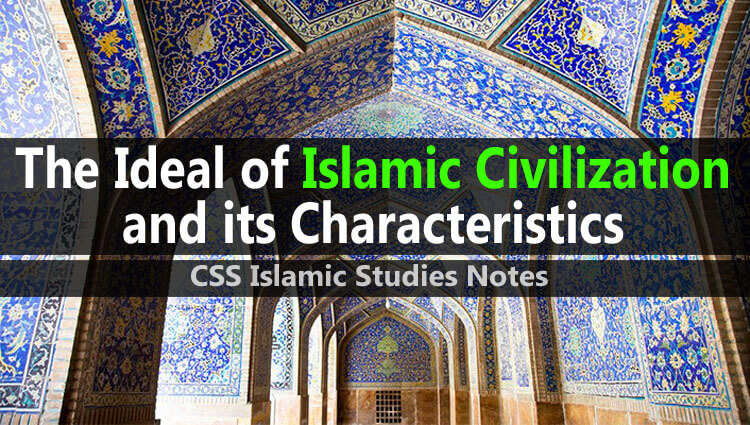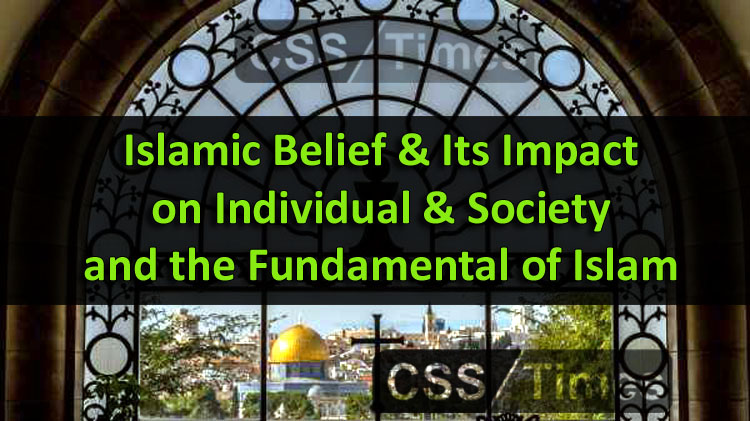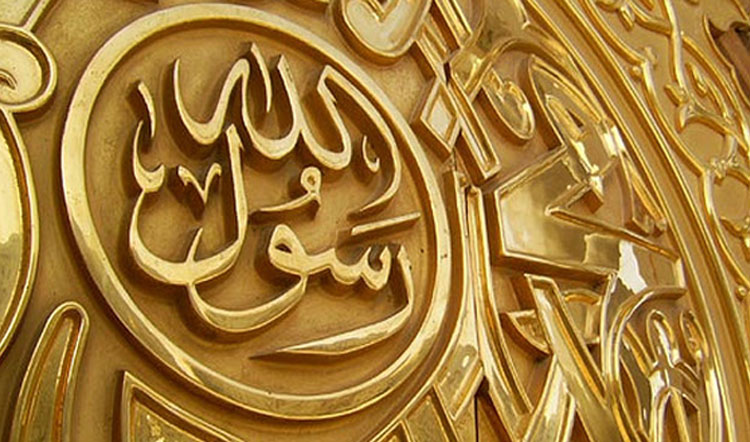The Ideal of Islamic Civilization and its Characteristics (CSS Islamic Studies Notes)
At the very start of this discussion, it should be evident that the whole issue of an ideal is deeply linked with the subject of worldview or Weltanschauung. Whatever view we maintain about the temporal world and whatever view we have about our role in that temporal world and the place of the corporeal world in our lives naturally generates an ideal for life. Accordingly, we begin to spend all our energies towards the establishment of that ideal. If we consider the world to be a pasture, and our view of life defines it’s as time period granted us for eating, drinking and being merry, then this animalistic concept will necessarily inculcate within our beings a primeval and corporeal ideal. We will then spend all our lives in efforts to obtain the materials that impart sensual pleasure.


